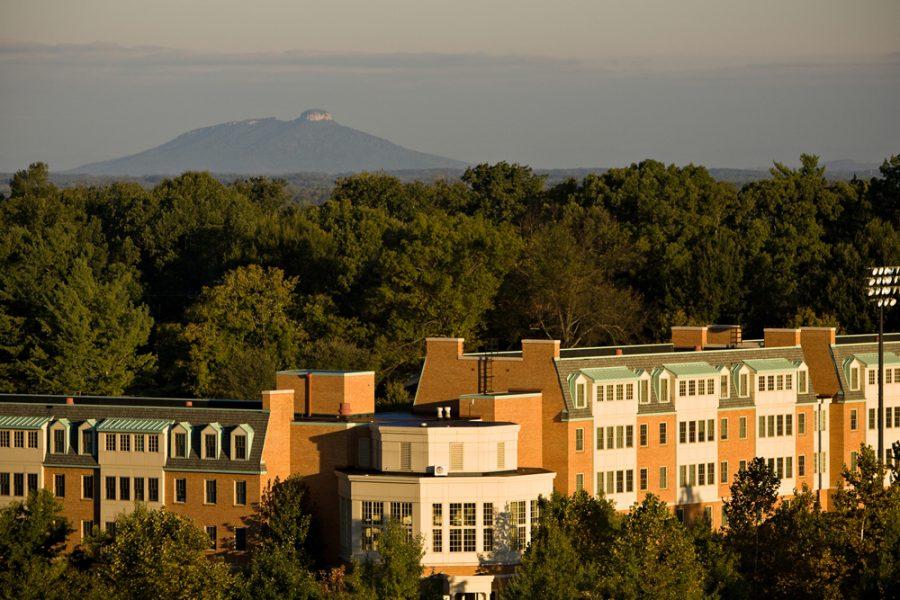Following a three-year collaborative process between The Office of Campus Life, Residence Life and Housing and the LGBTQ Center, rising sophomores, juniors and seniors will be able to apply for gender neutral housing during the 2016-2017 academic year.
“Residence Life and Housing has identified areas across campus that are suitable for gender neutral housing blocks,” Angela Mazaris, founding director of the LGBTQ Center, said. “Students who apply for the program will have one-on-one meetings with assignment staff and myself.”
Lottery numbers and class year will inform placement decisions, and all gender neutral housing blocks will have a single-user, lockable bathroom.
“When we first started talking about this, people understood this as something we needed to do for our transgender student population — and it is absolutely important for them — but the greatest interest that I’ve seen in this is actually from our gay male student population who, in my experience, tend to be the students who have the most challenges in terms of climate in the residence halls,” Mazaris said. “I think that for that group of students it’s hopefully going to be game-changing in terms of providing them with a supportive living environment.”
Some students at Wake Forest have voiced the concerns Mazaris has explained.
“I live on an all-male floor where I am the only non-Greek LGBT resident and I’ve found myself in social circles outside of my living environment,” Julius Goble, a male freshman, said. “A majority of these interactions were between myself and women, so when the gender-neutral option for housing was announced, I immediately applied. I am so excited to live with close friends.”
“Data from all across the country shows this is a best practice for supporting LGBTQ students for whom having a mixed-gender living environment may be a part of what creates a supportive residential experience for them,” Mazaris said.
Sophomore Dani Benitez said that “living with people with similar experiences and struggles can help enhance a student’s Wake Forest experience. It helps create a safe and comfortable community.”
“I think it’s going to be an important piece in creating equality for our transgender and gender non-conforming students, and I also think it’s going to be an important piece of the puzzle in terms of creating supportive and welcoming climates in our residence halls for all students,” Mazaris said.
“I think that this new policy will finally give LGBTQ students a place to call home by ensuring safety and well-being in residential communities,” said junior Madeline Coffey. “This is crucial to our community. Too often, LGBTQ students transfer from Wake Forest because of acts of hatred committed in their residential halls. This should never be the case.”
Looking forward, Benitez said “it should be easier and safer for LGBTQ students to immediately move out of a dorm room if they don’t feel safe there [and that] there should be measures in place to protect those students … after they have moved, especially if they receive threats.”
“I am optimistic that the policy is the beginning of great change in the ways Wake Forest advocates for LGBTQ students,” Coffey said.
















